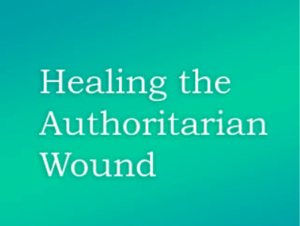In this three-part series for Psychology Today, Dr. Eric Maisel describes 30 personality traits that are common among authoritarians, and how these traits can lead to abuse and trauma.
“There has never been a more important time to understand authoritarianism and its effects on each of us. As individuals, we are seriously harmed by the authoritarians in our life. As citizens, we are likewise harmed by authoritarianism in high places. What can we expect in dealing with an authoritarian? In this series of posts, I want to share what I’m learning from my analysis of the authoritarian personality and authoritarian parenting literatures and from my extensive primary research into the effects of authoritarian wounding.”
Click below to read the series:
What You Can Expect From an Authoritarian, Part 1
What You Can Expect From an Authoritarian, Part 2















